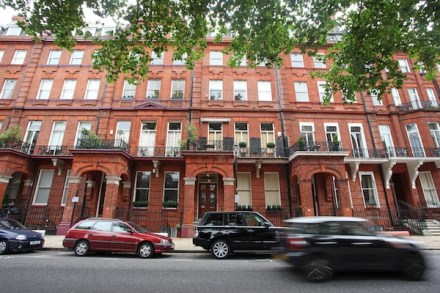Five simple ways to beat soaring car insurance premiums
The average annual car insurance bill is expected to hit a record high of £800 this month, according to comparison website comparethemarket. The cost has increased by around £200 over the past two years thanks to factors including the soaring cost to the industry of dealing with whiplash claims. And from today, the government is forcing insurers to make bigger payouts for serious personal injury compensation to ensure they’re not eroded by inflation – a measure that is expected to add £15 on to all insurance policies. Yet despite the rapidly rising cost of car insurance, drivers are turning their backs on the easiest way to make significant savings by




















